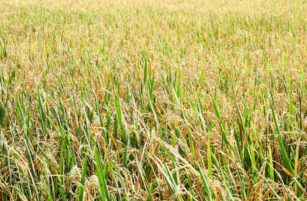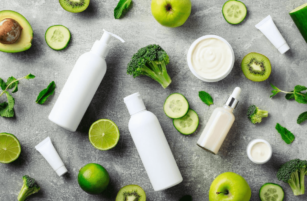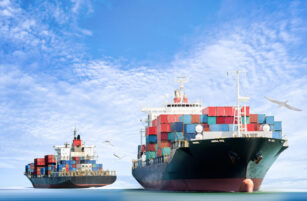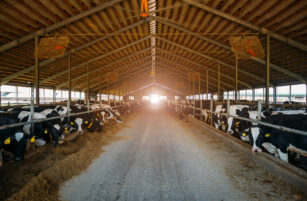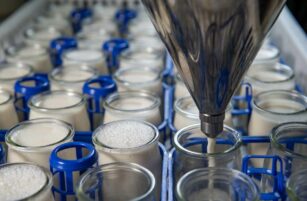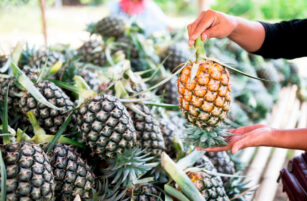Insight Focus
- Russia Extends Fertiliser Export Quotas
- Indonesia Set to Lift Palm Oil export ban
- Warning of Unprecedented Food Insecurity in W Africa

UN Secretary-General Antonio Guterres told a ministerial meeting on the escalating global food security crisis caused by Russia’s invasion of Ukraine that he was in “intense contacts” with Russia and other key countries and was “hopeful” of an agreement to allow the export of grain stored in Ukrainian ports and ensure Russian food and fertilizer have unrestricted access to global markets, the Associated Press reported. However, Guterres added: “There is still a long way to go.”
Illustrating that point were comments by Russian Deputy Foreign Minister Andrei Rudenko that sanctions would have to be reviewed if Russia were to agree to lift its blockade of Ukraine’s Black Sea ports, Reuters reported.
The Ukrainian government is being helped to export grains by other countries. Agriculture Minister Mykola Solsky and his US counterpart, James Vilsack, discussed partnership on increasing Ukrainian grain exports, the official Ukrinform news agency reported. It added that Solsky and Vilsack discussed the possibility of establishing an organization of the world’s major grain suppliers. The plan would be for the organization to balance demand and the production capacity for grain and promote free trade.
Separately, Ukrinform quoted Canadian Foreign Minister Melanie Joly as saying Canada was preparing to send cargo vessels to Eastern Europe to help Ukraine export its grain. The agency also reported that to facilitate exports of Ukrainian agricultural products to the EU and third countries Solsky and Polish Deputy Prime Minister Henryk Kowalczyk agreed to speed up inspections on the Ukrainian-Polish border.
However Ukraine’s grain exports are way behind last year’s. Over May 1-19 they totalled 643,000 tonnes, just over a third of the 1.8 million tonnes exported a year earlier, Interfax-Ukraine reported.
Another option being explored by the US Administration is putting advanced anti-ship missiles in the hands of Ukrainian fighters to help defeat Russia’s naval blockade, officials told Reuters,

However, Russia does not seem willing to raise fertiliser exports. Deputy Prime Minister Victoria Abramchenko told a cabinet meeting that quotas on chemical fertiliser exports would remain in place until at least December, Interfax reported. Previously the government had said the quota would be in place until the end of June.
The lack of exports from both Russia and Belarus has incentivised others to fill the gap. BHP, the world’s biggest mining company, is looking to speed up development of its USD 5.7b Canadian potash project and bring forward first production from the Jansen mine to 2026 from 2027, the Financial Times (behind paywall) reported.
Tunisia has resumed phosphate exports after 11 years, and expects to ship more than 300,000 tonnes this year due to a sharp increase in global demand and at least 600,000 tonnes next year, a senior official from state-owned Gasfa Phosphate told Reuters.
Canada-based Verde Agritech announced it would invest around USD 53 million to build the third chlorine-free potash unit at its Cerrado Verde project in Brazil in 2023. The unit will have a capacity of 10 million tonnes a year.
Elsewhere in the Americas, Reuters reported that Mexico aims to as much as triple its fertilizer production, the government said, to support its plan to boost local agriculture production and control consumer price inflation.
The effects of the fertiliser shortage manifested themselves in producer price data for April from Europe’s largest economy, Germany. The Federal Statistics Office (Destatis) said the price of fertiliser more than doubled year on year compared with a 33.5% rise in the overall index.

The German producer price data also showed a 70.0% rise on the year in crude vegetable oil prices. However, some relief may be in the pipeline after the world’s largest producer and exporter of palm oil, Indonesia, announced it was set to lift its ban on exports of the commodity from May 22, the official Antara news agency reported.
It quoted Coordinating Minister for Economic Affairs Airlangga Hartarto as saying the decision had been taken because domestic cooking oil supply had increased while prices had fallen. He also said an additional reason for the resumption had been to maintain prices paid to farmers some of whom had earlier farmers staged protests against the ban, Reuters reported.

In West Africa and the Sahel, however the UN’s Food and Agriculture Organisation (FAO) said there was a major food crisis. It said an estimated 27.3 million people were facing acute food insecurity between March and May 2022. It added that this number was forecast to increase to an unprecedented 38.3 million between June and August if humanitarian interventions were not scaled up. The number of food insecure people could increase above initial projections in the second half of 2022 due to surges in food and fuel prices, exacerbated by the war in Ukraine.
Adding to the prospects of greater food security are reports from countries whose grain output was expected to offset some of the losses from Ukraine.
India is likely to harvest 106.41 million tonnes of wheat in 2022, nearly 4.4% less than the previous estimate, Reuters quoted the Agriculture Ministry as saying, due to a sudden rise in temperatures during the grain maturity stage.
Reuters also reported that the weather was also causing problems in France. An estimated 73% of French soft wheat was in good or excellent condition by May 16, against 82% the previous week, FranceAgriMer said in a cereal crop report. That followed a 7-percentage-point decline in the previous week and meant the rating was now below a year-earlier score of 79%. A hot spell has exacerbated drought in the EU’s largest grains producer.





